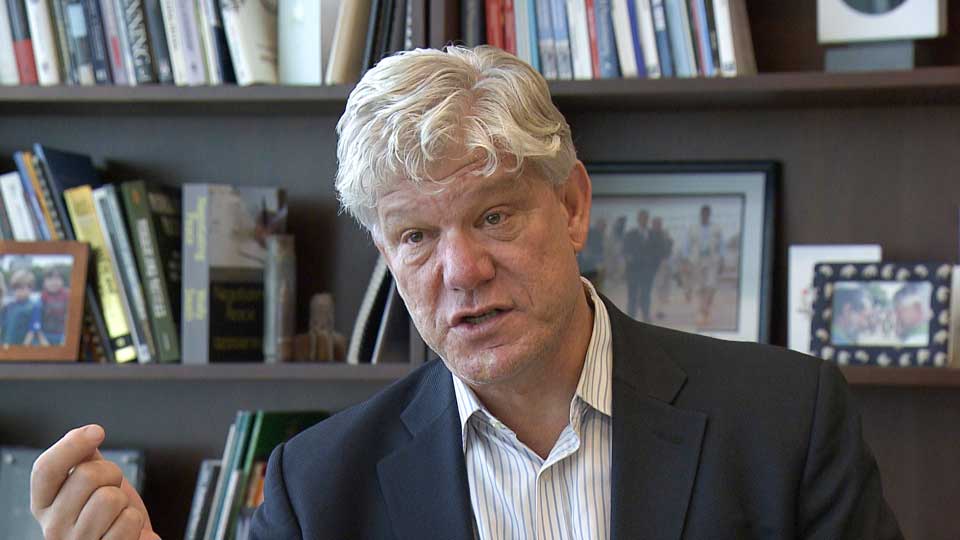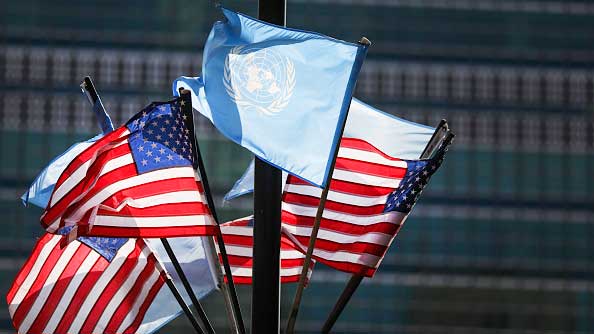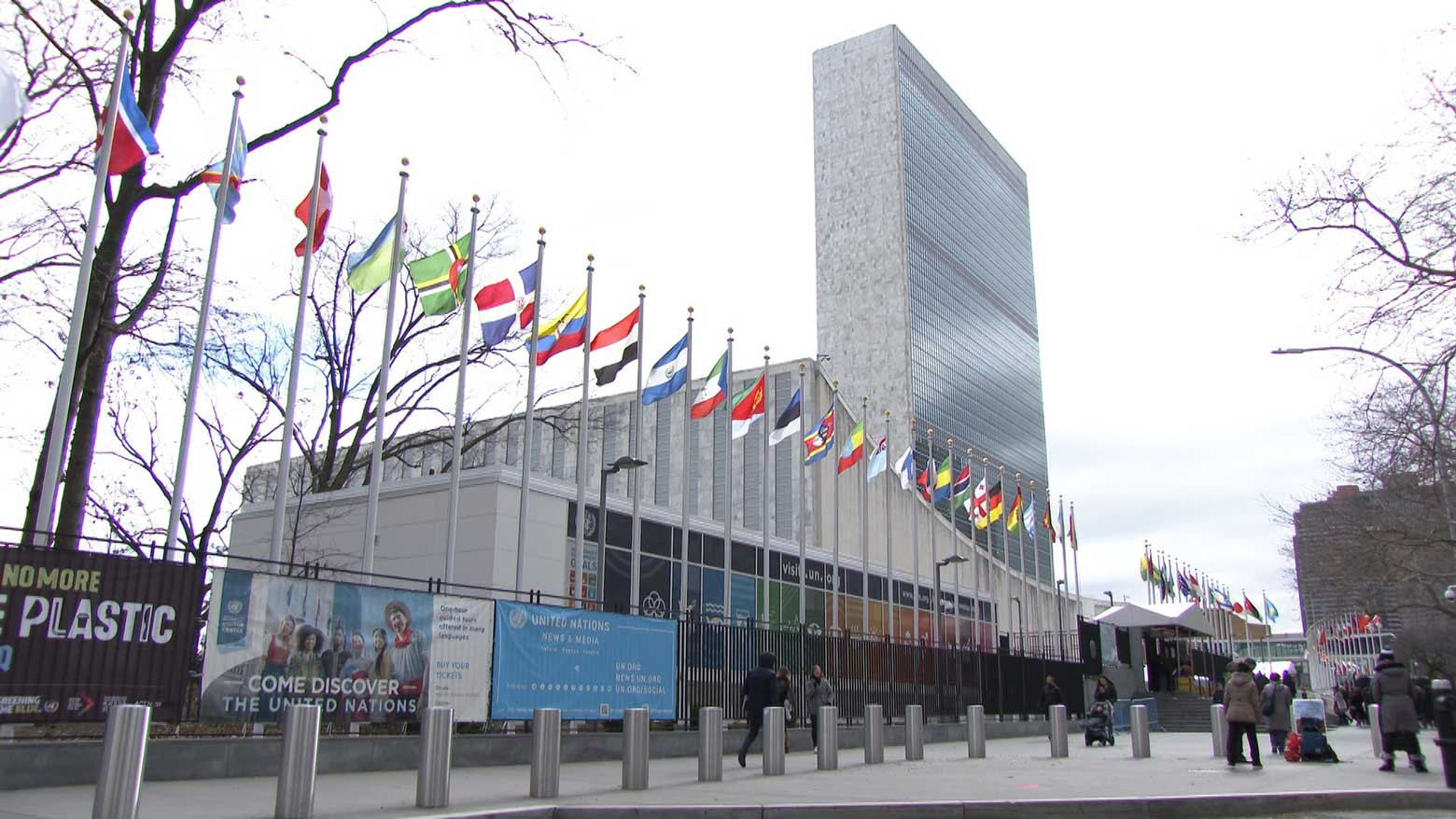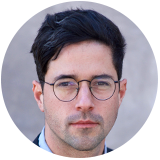Taking a look in the mirror
From January to September, more than 1 million people responded to the survey via the UN's website, with 87 percent agreeing that international cooperation is essential and 74 percent supporting the idea that the UN is an indispensable organization.
But what do the figures really mean?
"These numbers show that there's an obligation to work together for the greater good," says Hochschild, who served as the survey's project leader. "And I think now that sense of common obligation seems not to be as strong as it should be."

Hochschild describes this atrophying sense of shared responsibility as "multilateralism fatigue," a feeling that, for many countries, the costs of doing diplomacy with just about every other nation might outweigh the benefits.
"Many states who are traditional friends of multilateralism feel it's just grown too difficult," he says. "Especially where the superpowers disagree, if you take a position that's not in accordance with this or that superpower, you're immediately accused of playing into the camp of the other."
Superpower conflict casts a shadow
One such rift is illustrated by the fact that the United States — far and away the UN's biggest financial sponsor — is not among the 170 countries participating in COVAX, the UN's COVID-19 vaccine program.

The US has accused the World Health Organization, which leads the effort, of being under the influence of the Chinese government. This has caused some countries to worry about a new Cold War between the US and China. Such conflict has already hindered efforts to work on major global problems like climate change and the spread of infectious disease.
At the UN General Assembly in September, several members argued that competition between the two countries was hurting them domestically. Philippines President Rodrigo Duterte quipped that when two elephants fight, it's the grass beneath them that's destroyed.
Making progress despite mighty impasses
Hochschild believes that one way forward is to strengthen relations among smaller nations. Another is for countries with close ties to both the US and China to try to ease the conflict. One of these nations is Japan.
"The UN has always relied on having a handful of states who have bravely pushed a way forward," he says. "I think Japan can play a very constructive role in helping not to be part of divisions, but instead to find common understanding."
On the UN's 75th anniversary, citizens of all nations are being asked to join the quest for peaceful coexistence.
"We survived the Cold War," Hochschild says. "Let's find shared value in that."

